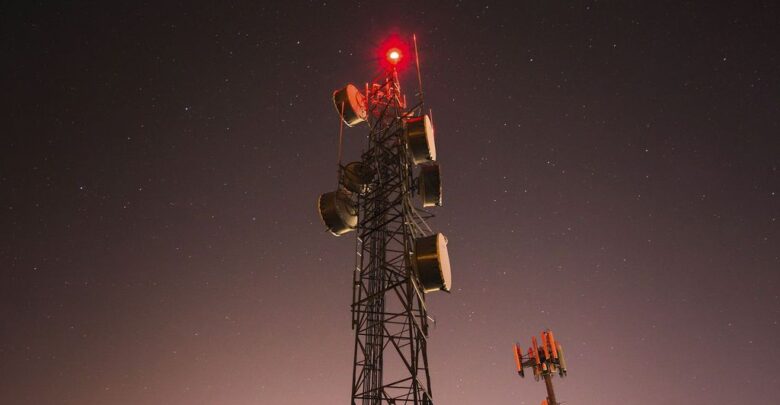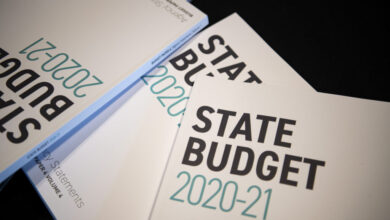

NEW DELHI — The stress on Vodafone Idea Ltd. (VIL) is likely to impact financial and other stakeholders and affect the industry structure, rating agency ICRA said.
The telecom industry had been facing headwinds since the launch of services by Reliance Jio Infocomm Ltd., which manifested in a decline in revenue and profit generation.
Further, the adjusted gross revenue penalty added to the industry’s woes and has kept the debt levels elevated. As a result, the financial position of VIL has been deteriorating due to mounting losses and increasing debt levels.
Sabyasachi Majumdar, Group Head and Senior Vice President at ICRA, said Vodafone India Ltd. has been reporting sizable losses over the last 12 quarters, starting the second quarter of the fiscal year 2019.
Further, with the addition of AGR liabilities, the debt has burgeoned to more than INR 2 lakh crore ($27.2 billion) as of June 30 (including lease liabilities).
“This along with consistent churn in the subscriber base, largely stagnant 4G user base, and pressure on ARPU levels have kept the revenue and profit generation muted,” Majumdar said in a press release.
In a scenario of Vodafone India Ltd’s collapse, said Majumdar, tower companies will lose around 1.8 lakh (180, 000) tenancies that Vodafone India Ltd. occupies.
Out of these, ICRA expects only 40 to 50 percent of the tenancies to be gradually regained by the tower companies, and balance would be lost owing to redundancies and network realignment.
Vodafone India Ltd. occupies 35 percent tenancy share and 36 percent revenue share. In a situation of Vodafone India Ltd shutting down operations, tower companies will have to face a loss of these tenancies, translating into revenue and EBITDA decline for the industry.
However, in that scenario, the existing 255 million subscribers of VIL will be taken up by the active telcos, who will have to expand their network presence to cater to a sizeable additional subscriber base.
ICRA expects the existing telcos to gradually take up only 40 to 50 percent of Vodafone India Ltd’s tenancies. The total tenancies for the industry by the fiscal year 2024 are likely to remain lower than the fiscal year 2021.
“Given the current situation and sizable obligations in the near term for VIL (Vodafone India Ltd.), external material support (primarily from the government) can act as a relief measure,” said Ankit Jain, Sector Head and Assistant Vice President at ICRA.
The most effective relief can come in the form of extension of the moratorium on spectrum dues beyond the fiscal year 2022, which can result in deferment of dues payable in the fiscal year 2023 to the tune of INR 32,000 crore ($4.36 billion) for the industry of which INR 16,000 crore ($2.18 billion) are for Vodafone India Ltd.
Jain said the reduction in the levies paid by telcos, namely license fees, and spectrum usage charges, can also lift the EBITDA.
(With inputs from ANI)
Edited by Saptak Datta and Praveen Pramod Tewari
The post Vodafone Idea’s Financial Stress To Impact Various Stakeholders In India: Report appeared first on Zenger News.






